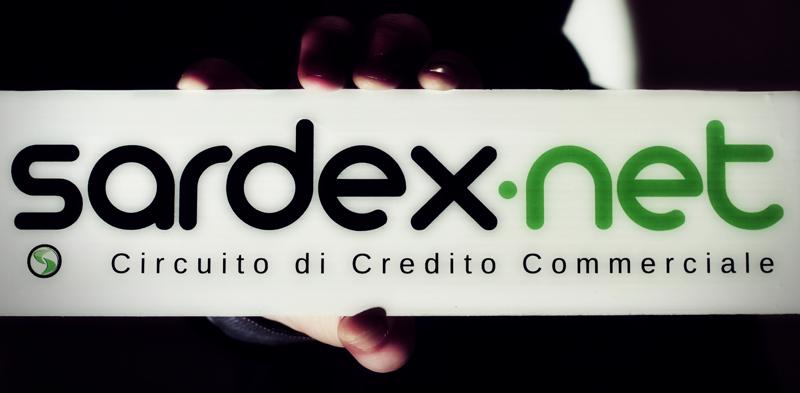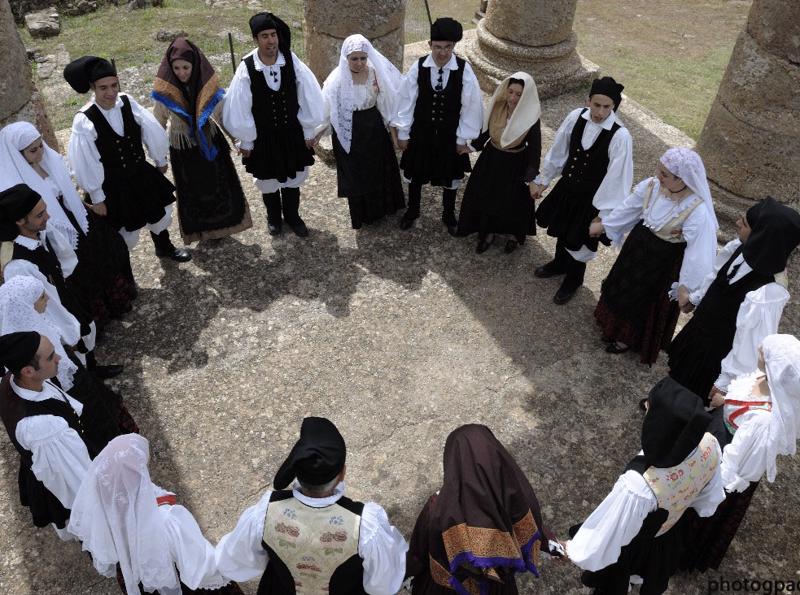My diary
Formal insurance is nice, but I must admit I find the informal one much more ‘attractive.’ Talking about the various informal types of insurance used in the prevention and reconstruction phase, and especially talking about how to build safety nets inside a community, I discovered many new interesting ways to do that. First, all the talks about bartering and virtual coins reminded me of a project born in Sardinia and going on since 2010 about an alternative way of making commerce: it is called ‘Sardex’ and is a kind of virtual currency used for bartering – rewarded as one of the best European innovative start-ups and fintech, it consists on the use of such virtual coins as a way to exchange different material goods between adhering companies. The innovation is that it’s not about a bilateral exchange but involves every business present inside the circuit, meaning that if you buy something from a given company the way you repay is through offering your good or service to the community. It was born out of the need to restore the local economy supporting especially the small and medium businesses, and since its origin it has grown and expanded quite a lot, with 5 other Italian regions adopting the same idea. Another creative way we have talked about, always to improve the financial infrastructure of the society, is the gold-day – or the modern adapted version of pay-day – according to which, instead of turning to a banking system, a close-knit group of people (women or worker colleagues) shares periodically an amount of money to be given to each member in turn. Or the employment of collective work as a way to reach common, possibly high, goals: all these three are examples of how to build a sense of common responsibility and social duty through community actions and active participation, fundamental for a solid base of welfare in a society as well as for indirectly rising the average standards of living of the such. Reconnecting all of this with the previous lecture – when we mentioned the Islamic Development Bank – I would also like to present the ‘Sukuk’ as a positive financial tool of development and social mean enabling common growth: they are basically the equivalent of regular bonds (as meant in the western economic sense) with the difference that they do not simply just confer ownership of a debt, but also grant the investor a share of an asset, along with the commensurate advantages as well as risks. It is about a responsible and ‘socially sustainable’ way to do banking, with the final aim being not the one of making profits over your consumers but instead of investing in the general development of the whole society. From what I’ve caught so far, I understood Sukuk are still not that widely known in the western world but I substantially think it would be incredibly helpful to introduce such practice in Europe in order to boost the nowadays low trust in finance and institutions in general as well as to foster the overall economic growth of the Union. In conclusion, it is very true that where a strong government (in the
lucagambelli1505
15 chapters
16 Apr 2020
Day Eight: Social Safety Nets
May 07, 2019
Formal insurance is nice, but I must admit I find the informal one much more ‘attractive.’ Talking about the various informal types of insurance used in the prevention and reconstruction phase, and especially talking about how to build safety nets inside a community, I discovered many new interesting ways to do that. First, all the talks about bartering and virtual coins reminded me of a project born in Sardinia and going on since 2010 about an alternative way of making commerce: it is called ‘Sardex’ and is a kind of virtual currency used for bartering – rewarded as one of the best European innovative start-ups and fintech, it consists on the use of such virtual coins as a way to exchange different material goods between adhering companies. The innovation is that it’s not about a bilateral exchange but involves every business present inside the circuit, meaning that if you buy something from a given company the way you repay is through offering your good or service to the community. It was born out of the need to restore the local economy supporting especially the small and medium businesses, and since its origin it has grown and expanded quite a lot, with 5 other Italian regions adopting the same idea. Another creative way we have talked about, always to improve the financial infrastructure of the society, is the gold-day – or the modern adapted version of pay-day – according to which, instead of turning to a banking system, a close-knit group of people (women or worker colleagues) shares periodically an amount of money to be given to each member in turn. Or the employment of collective work as a way to reach common, possibly high, goals: all these three are examples of how to build a sense of common responsibility and social duty through community actions and active participation, fundamental for a solid base of welfare in a society as well as for indirectly rising the average standards of living of the such. Reconnecting all of this with the previous lecture – when we mentioned the Islamic Development Bank – I would also like to present the ‘Sukuk’ as a positive financial tool of development and social mean enabling common growth: they are basically the equivalent of regular bonds (as meant in the western economic sense) with the difference that they do not simply just confer ownership of a debt, but also grant the investor a share of an asset, along with the commensurate advantages as well as risks. It is about a responsible and ‘socially sustainable’ way to do banking, with the final aim being not the one of making profits over your consumers but instead of investing in the general development of the whole society. From what I’ve caught so far, I understood Sukuk are still not that widely known in the western world but I substantially think it would be incredibly helpful to introduce such practice in Europe in order to boost the nowadays low trust in finance and institutions in general as well as to foster the overall economic growth of the Union. In conclusion, it is very true that where a strong government (in the

sense of wealthy and prosperous, but also active and efficient) is present social bonds are weak, while where the government is weak social bonds are strong.

1.
Day One: New Possibilities
2.
Day Two: Hazards in Sardinia
3.
Day Three: 2016 Louisiana Flood
4.
Day Four: Resilience and Structural Changes
5.
Day Five: the Development Loop Theory
6.
Day Six: New Inclusive Growth
7.
Day Seven: Culture and Different Perspectives
8.
Day Eight: Social Safety Nets
9.
Day Nine: Swimming Competitions
10.
Day Ten: Viruses and Vaccines
11.
Day Eleven: the Psychology of Reactions
12.
Day Twelve: Outrage
13.
Day Thirdteen: a Recovery to Migration?
14.
Day Forteen: Building back Communities
15.
Day Fifteen: the Final Choice
Share your travel adventures like this!
Create your own travel blog in one step
Share with friends and family to follow your journey
Easy set up, no technical knowledge needed and unlimited storage!